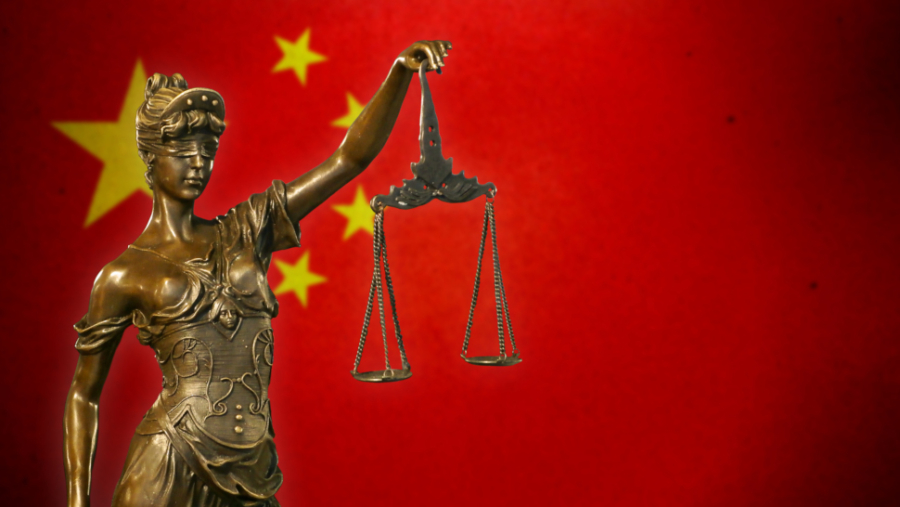

There is a perception among UK companies that a dispute with a Chinese company is bound to end in failure. Maybe this was true 15 years ago, but despite all the negative press about China’s lack of respect for the rule of law, commercial courts now tend to be much more reliable.
Unless you are involved in a high-profile billion dollar lawsuit against a state-owned enterprise, the local protectionism that used to plague Chinese courts has been greatly diminished and a foreign party tends to get a fair hearing.
The number of foreign-related cases being tried by Chinese courts is constantly increasing – from 14,800 in 2013 to 27,300 in 2021. This is in marked contrast to cases with political or human rights aspects, where China’s adherence to the rule of law has become weaker.
We can take two cases within our own experience as examples: first, a 2013 real estate dispute in a city 100km east of Guangzhou. The judge acknowledged that our client, a US manufacturer, had the law on its side.
Yet when the judgment came through, his view had magically changed to support the local property developers. Second, a 2023 dispute in a city about 2 hours drive west of Xi’an (where the terracotta army stands). Despite the Chinese counterparty having strong local connections and wielding influence, the local court did not wish to make a judgment supported by law and ruled in favour of our client, a UK manufacturer.
These cases are not one-off anomalies. We have chosen them as representing the trajectory of cross-border commercial disputes in China.
What has changed?
China has made significant changes in other aspects of foreign-related litigation. For example, China has established an International Commercial Court, and the Supreme People’s Court has established the First and Second International Commercial Courts in Shenzhen and Xi’an respectively.
The International Commercial Court has launched bilingual websites in both Chinese and English, covering 149 countries and regions worldwide. China is cultivating foreign-related litigation talents and hiring experts from different countries, with the aim of building an international experts team.
China has also formulated judicial interpretations for the application of international treaties and practices in the trial of foreign-related civil and commercial cases, accurately applying international treaties and practices to adjudicate a group of typical cases with rule of law significance, international influence and promoting the process of rule of law.
Despite the above, when a UK or US company engages in legal proceedings against a Chinese company in Chinese court, there are serious challenges to consider. Navigating the Chinese legal system can be complex, and the outcome of a case can vary depending on various factors. Most important, if you’re a UK litigator, you cannot apply what you’ve learnt over the decades to Chinese litigation.
Local knowledge; offshore expertise
At the bare minimum, you need a local lawyer to file proceedings and attend hearings. But you cannot expect that lawyer to run strategy, as that might put him or her at risk. Ideally, a Chinese legal expert based in the UK or US can run strategy, act as the bad cop, and generally take the blame if a confrontational approach is needed. It is perfectly feasible for the offshore lawyer to liaise with the judge.
Enforcement of judgements
Enforcement is still the weak point for Chinese courts, but a judgment has a clear mechanism for enforcement and the real challenge is finding assets to enforce against. UK or US court judgments are virtually impossible to enforce, since there is no mutual recognition treaty with China.
UK companies are often advised to rely on arbitration clauses in contracts, rather than trying their luck in court. Generally that’s good advice, but sometimes court litigation is unavoidable.
Our message is that you need not be intimidated out of forum, and in any case remember that Chinese court procedure has one huge advantage over English proceedings: they are not as tolerant of delays as English courts.










